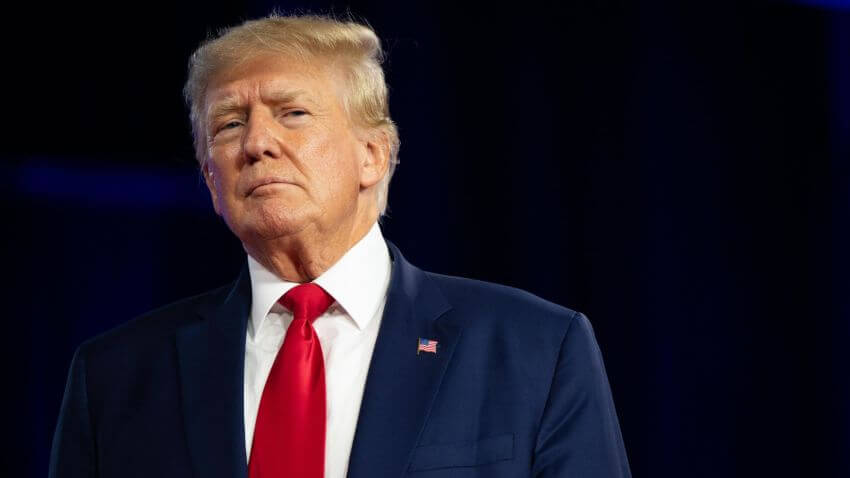Federal judges displayed doubt about former President Donald Trump’s emergency power implementation of broad tariffs during Thursday’s hearing because they questioned his compliance with the International Emergency Economic Powers Act (IEEPA).
The U.S. Court of Appeals panel in Washington D.C. questioned government claims that the 1977 IEEPA sanctions law allows tariffs to be implemented. The judge specifically observed that the statute fails to include any reference to tariffs.
Through IEEPA Trump has established unprecedented presidential trade authority by implementing reciprocal tariffs against dozens of trading partners and penalties against China Canada and Mexico.
Brett Shumate who represented the government maintained that IEEPA enables the president to impose extensive import restrictions during national emergencies. Neal Katyal who defended a business-state coalition argued that the Constitution grants Congress exclusive authority to set tariffs.
The case represents a crucial evaluation of Trump’s trade policies because the administration plans to increase tariff rates on Friday. The president maintains these measures serve two purposes: to reduce trade deficits and to penalize nations that allow fentanyl smuggling.
The court validated a short-term Nixon-era import surcharge in 1975 but it did not grant the president complete authority to set tariffs. The court’s decision has the potential to transform the legal basis for Trump’s extensive trade policies.










